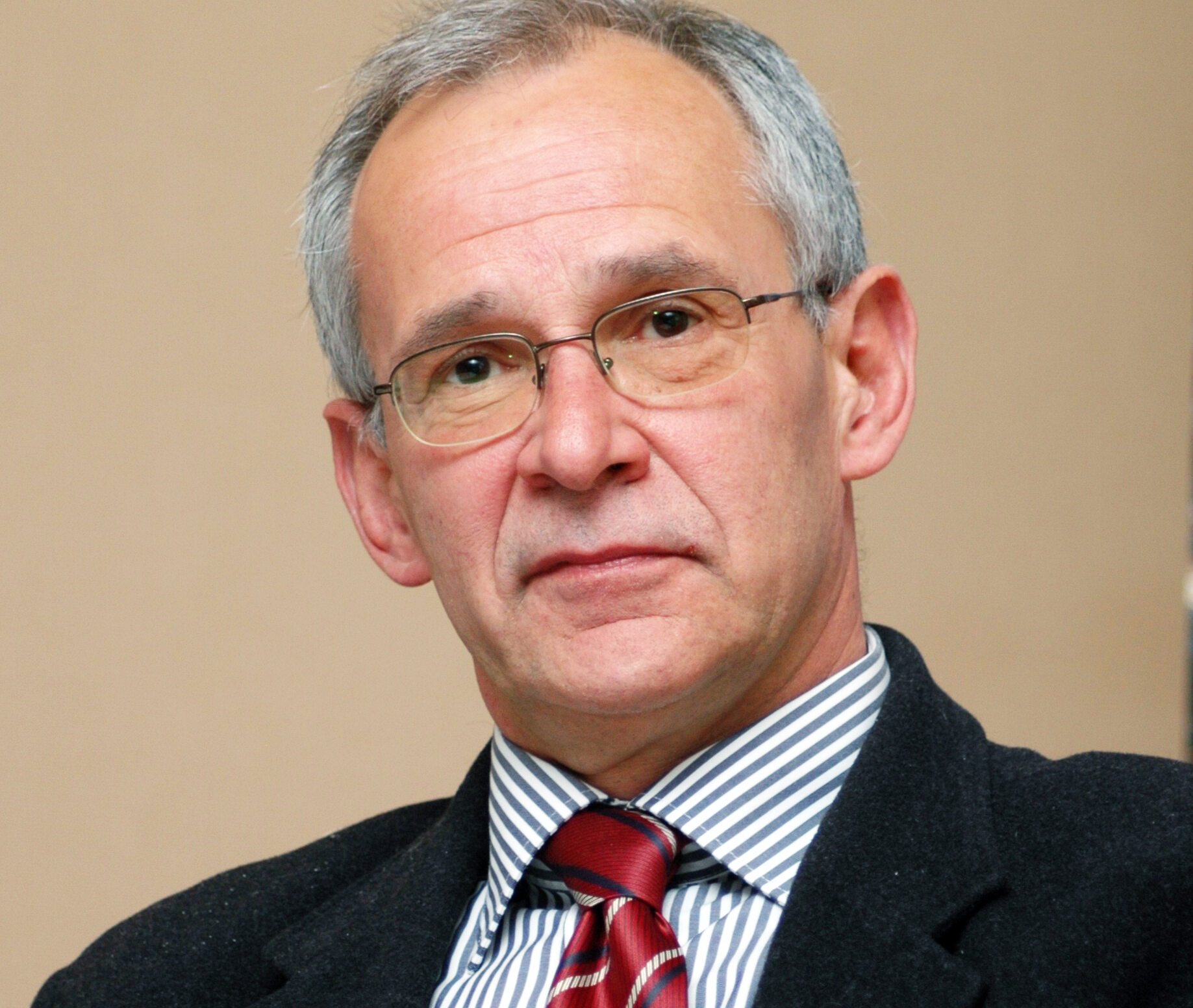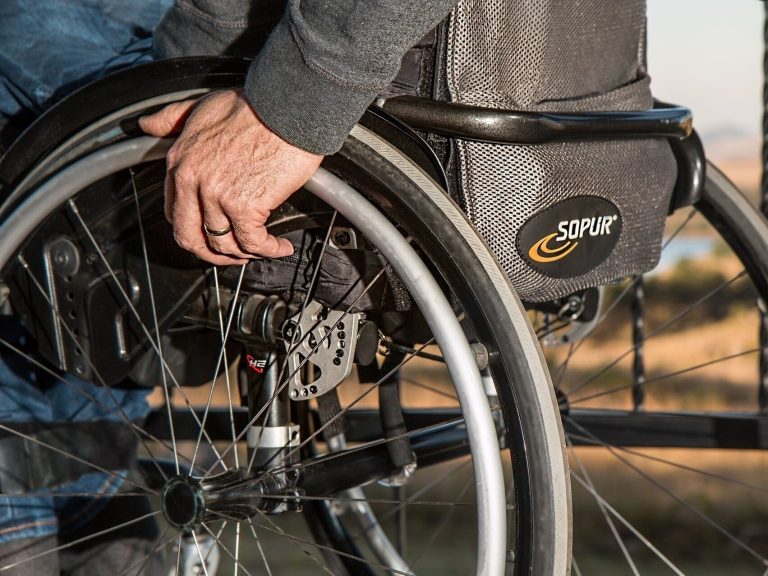Prof. Krzakowski: Perioperative treatment increases the chance of curing lung cancer. More and more drugs

The use of anti-EGFR drugs or immunotherapy after radical treatment of non-small cell lung cancer may increase the percentage of people cured or living long after local treatment. We can talk about success related to the introduction of new molecularly targeted treatment methods or immunotherapy into radical management – says Prof. Maciej Krzakowski, national consultant in the field of clinical oncology.
Katarzyna Pinkosz, Wprost: Knowledge about lung cancer is increasing and diagnostic possibilities are increasing (e.g. the possibility of ordering computed tomography by primary care physicians, a low-dose computed tomography screening program). Will this translate into diagnosing lung cancer in earlier stages, when there is a chance of curing it?
Prof. Maciej Krzakowski: A program for detecting lung cancer at an early stage should – theoretically (i.e. according to research results) – lead to the diagnosis of more cancers advanced enough to allow radical treatment. The above-mentioned studies – American and European – using low-dose computed tomography led to a reduction in lung cancer mortality by at least 20% in the group of people belonging to the high risk category (long-term tobacco smokers).
The first effects of the program in Poland will appear after at least ten years, provided that people aged between 55 and 74, with a history of 30 pack-years or more, participate in the research.
However, an integral element of reducing the risks associated with lung cancer is eliminating exposure to components of tobacco smoke. Primary prevention is one of the tasks of primary care physicians. Referring people with symptoms that may be related to lung cancer to undergo computed tomography will certainly speed up the diagnostic process.
How important is diagnosis of lung cancer at an early stage for the patient’s prognosis? Immunotherapy and targeted drugs have brought a sea change in the treatment of advanced lung cancer. Is there currently a tendency to shift treatment to earlier lines and not wait until the cancer develops?
The prognosis of patients with lung cancer detected at an early stage (stage I or II) is generally better compared to cancer diagnosed at the stage of local advancement or primary generalization. The 5-year survival rates for patients with lung cancer detected in early stages (I and II) in Poland are approximately 60%, compared to approximately 25% in patients with initially locally advanced cancer and less than 10% in the case of primary generalization.
These indicators are averages of the results. The main goal should be to increase the percentage of patients undergoing complete surgery and radical radiochemotherapy. New options for perioperative treatment of patients with non-small cell lung cancer, using anti-EGFR drugs or immune checkpoint inhibitors, may further increase the percentage of people cured or living long after local treatment. Therefore, we can talk about success related to the introduction of new molecularly targeted treatment methods or immunotherapy into radical management. However, the condition is that careful diagnostics are performed (including determining the EGFR gene status in all patients undergoing lung parenchyma resection).
In the postoperative treatment of early lung cancer, osimertinib treatment is already available in patients with a mutation in the EGFR gene. How much more effective is this treatment than postoperative chemotherapy?
Postoperative treatment with osimertinib in patients with non-small cell lung cancer with activating mutations in the EGFR gene reduces the risk of death by 52%, as shown by the analysis of overall survival in the ADAURA study. The results – presented at this year’s Meeting of the American Society of Clinical Oncology – indicate that the benefits concerned patients receiving additional postoperative chemotherapy or only osimertinib. However, the use of chemotherapy is necessary in patients receiving adjuvant osimertinib, therefore it cannot be said that osimertinib and chemotherapy are alternative methods of adjuvant postoperative treatment – the mentioned methods are complementary.
In 2021 in the USA and in 2022 in Europe, atezolizumab was registered for the adjuvant treatment of early breast cancer, based on the IMpower010 study. Which patients could this treatment be used for? How big would this group be?
The benefits of adjuvant postoperative treatment with atezolizumab apply to all patients diagnosed with non-small cell lung cancer who underwent radical resection of the lung parenchyma. However, the greatest benefits may be achieved by patients in stages II and IIIA with PD-L1 expression in tumor cells of at least 50%.
Patients with very good performance status (grade 0) compared to those with good performance status (grade 1), those diagnosed with non-squamous cell carcinoma compared to squamous cell carcinoma, and those with lymph node involvement compared to patients without nodal metastases may also benefit significantly more. Of course, patients with activating mutations in the EGFR gene should not receive adjuvant immunotherapy. Based on potential eligibility criteria, the number of patients who are candidates for postoperative immunotherapy is approximately 700 per year.
What effects can be expected, and to what extent would such a treatment be more effective than chemotherapy?
Analogously to adjuvant postoperative treatment with osimertinb, chemotherapy was also used in the case of adjuvant immunotherapy in registration studies. Therefore, both methods (immunotherapy and postoperative chemotherapy) should be treated as complementary.
Is adjuvant treatment with atezolizumab in early NSCLC already recommended in international guidelines as well as by Polish experts? As a national consultant, would you see the need to expand the drug treatment program for lung cancer to include this option?
Complementary postoperative treatment is recommended by international scientific societies. It should apply to patients with non-small cell lung cancer without mutations in the EGFR gene and with high PD-L1 expression (50% or more cells) who underwent radical resection of the lung parenchyma in stages II and IIIA. I believe that the B.6 program. may be supplemented with atezolizumab in adjuvant treatment, provided that favorable financial conditions are agreed.
Can we expect further registrations of immunotherapy and molecularly targeted drugs in pre- and postoperative treatment in the future? What difference will it make?
Currently, we have a lot of evidence – in the form of results of prospective clinical trials – justifying the use of perioperative immunochemotherapy (including preoperative treatment). I believe that preoperative immunochemotherapy may be of particular importance in patients with stage III non-small cell lung cancer, provided that resection is possible. The above-mentioned studies require further observation, as no significant impact of immunochemotherapy on overall survival rates has been proven so far. Research on the use of molecularly targeted drugs is also underway (e.g. to determine the optimal duration of osimertinib use or the use of ALK-targeted drugs).
Currently, there is a discussion about whether e-cigarettes and tobacco heaters are “safer” than cigarettes and whether they can be recommended in the so-called cigarette harm reduction policy. What is your opinion on this when it comes to the risk of lung cancer?
Substitute products for traditional cigarettes are less harmful, but this does not mean complete health safety when used due to the nicotine content. An additional factor – unfavorable for some people – is the risk of replacing substitute products containing nicotine with traditional cigarettes.
Prof. Maciej Krzakowski is a national consultant in the field of clinical oncology, head of the Lung and Thoracic Cancer Clinic of the National Institute of Oncology. Maria Skłodowska-Curie.






